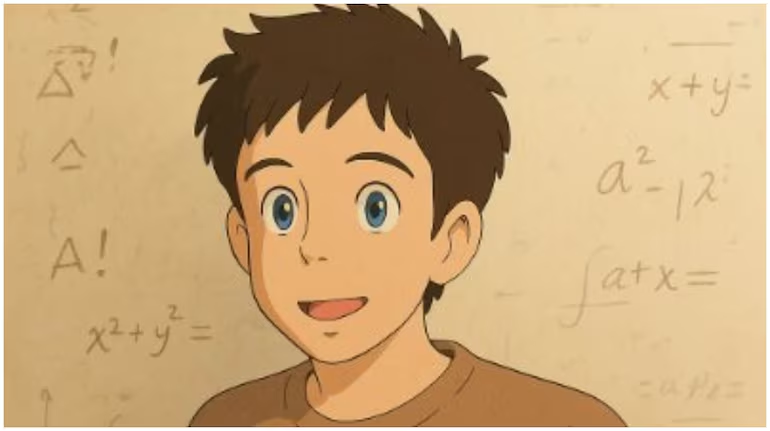Sam Altman, CEO of OpenAI, stands firm on his belief that AI art is a "net win" for society, even amidst criticism and controversy, particularly stemming from the recent surge in AI-generated art mimicking the style of Studio Ghibli. This debate highlights the complex intersection of technology, art, ethics, and the potential impact on artists.
The Ghibli AI trend, sparked by OpenAI's introduction of a native image generation feature powered by the GPT-4o model within ChatGPT, flooded the internet with images reminiscent of classic Ghibli films. This surge in popularity caused temporary server issues for OpenAI and ignited discussions about copyright concerns, with legal experts weighing in on whether AI-generated art that mimics the distinct Ghibli aesthetic could pose intellectual property concerns. Altman himself even changed his profile picture to a Ghibli-style illustration of himself, embracing the trend.
However, the trend also reignited long-standing criticisms of AI art, particularly regarding its impact on artists and the originality of creative works. A video of Hayao Miyazaki, the legendary animator and co-founder of Studio Ghibli, resurfaced, showing him expressing disgust towards AI-generated animation, calling it "an insult to life." Miyazaki believes that AI cannot replicate the genuine human experience and emotions essential for creating authentic art, fearing it leads to art devoid of soul and humanity. This sentiment reflects concerns about AI potentially devaluing human creativity and artistic effort.
Critics argue that AI models are often trained on artists' original works without their consent, raising concerns that these tools may ultimately compete with the very creators whose works they were built on. This raises ethical questions about authorship, originality, and intellectual property infringement. Some artists worry about the potential for job losses and the devaluation of their work as companies may prefer the ease of AI-generated images over original pieces by human artists. There are also concerns that AI-generated art can diminish the originality of human creation, potentially replicating the uniqueness and distinction of human artists.
Despite these concerns, Altman maintains that the democratization of content creation through AI is beneficial for society overall. He acknowledged the downsides of AI-generated art but insisted that its surge in popularity carries overall benefits for society. He stated that while it has not been a complete win and has done something to the art form, on the whole, it has been a win. Altman's perspective aligns with the view that AI can be a tool for artistic exploration and innovation, empowering individuals to express their creativity regardless of their artistic skill level. AI algorithms can create patterns and objects that would be difficult or impossible to produce by hand, and can also streamline the creative process by automating repetitive tasks and correcting mistakes.
The debate surrounding AI art also raises questions about the ethical use of technology and the need for responsible development and implementation. Concerns about bias in AI algorithms, the potential for misuse of AI-generated images (such as the creation of offensive or harmful content), and the environmental impact of AI development all require careful consideration. Some propose stronger rights for artists and their work through activism, educational initiatives, and negotiations with AI generator platforms.
Ultimately, the discussion about Sam Altman's stance on AI art and the Ghibli criticism highlights the ongoing need for dialogue and reflection on the role of AI in the creative landscape. While AI offers exciting possibilities for artistic expression and innovation, it's crucial to address the ethical concerns and potential consequences for artists and the value of human creativity. Finding a balance between leveraging AI for creative enhancement and preserving the human element in art is a critical ethical consideration.

















